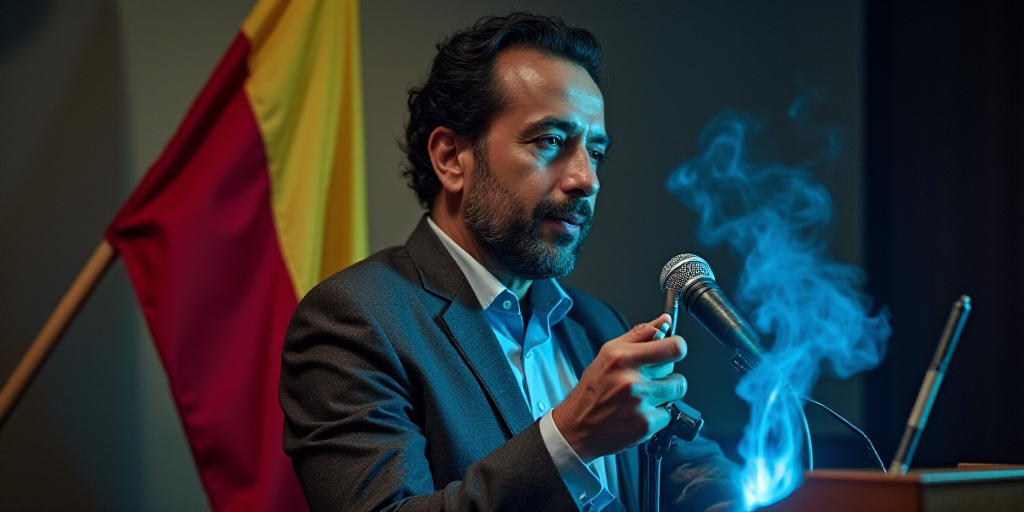Background on President Gustavo Petro
Gustavo Petro, Colombia’s first left-wing president, took office in August 2022. He pledged to implement economic and social reforms aimed at reducing poverty and inequality in the South American nation of 50 million people.
Political Tension and Decretazo
Petro’s recent decree, referred to as the “decretazo” by his opponents, sparked political tension with Congress. Legislators criticized it as a coup d’état and an open challenge to institutionalism and the separation of powers.
The Controversial Decree
Petro issued the decree to convocate a popular consultation seeking public support for his labor reform initiative. The decree, however, lacked the Senado’s authorization.
Senado’s Response and Labor Reform
Amidst the tension, the Senado approved a labor reform on Tuesday to improve workers’ conditions. The reform includes increasing the penalty for Sunday and holiday work from 75% to 100%, ensuring social security for platform delivery workers, raising late-night work penalties, and promoting formal employment.
Petro’s Concession
In response to the Senado’s actions, Petro acknowledged the possibility of withdrawing his consultation call if the approved labor reform benefits workers through a conciliation process between the Senado and Cámara de Representantes.
Impact on Petro’s Proposals
Most of Petro’s social proposals have been rejected or passed with difficulty in Congress, where he lacks sufficient support amidst political polarization less than a year before legislative and presidential elections to choose his successor.
Key Questions and Answers
- What is the main issue? The Colombian Tribunal suspended President Petro’s decree for a popular consultation due to the lack of Senado authorization.
- Who is President Gustavo Petro? Petro is Colombia’s first left-wing president, elected in August 2022, who promised to implement reforms to reduce poverty and inequality.
- What is the labor reform approved by the Senado? The reform increases penalties for Sunday and holiday work, ensures social security for platform delivery workers, raises late-night work penalties, and promotes formal employment.
- Why was there tension between Petro and the Senado? The tension arose from Petro’s decree for a popular consultation, which the Senado deemed unauthorized and an affront to institutionalism.
- What are the challenges Petro faces in implementing his proposals? Petro’s proposals often face rejection or difficulty passing through Congress due to political polarization and insufficient support.






